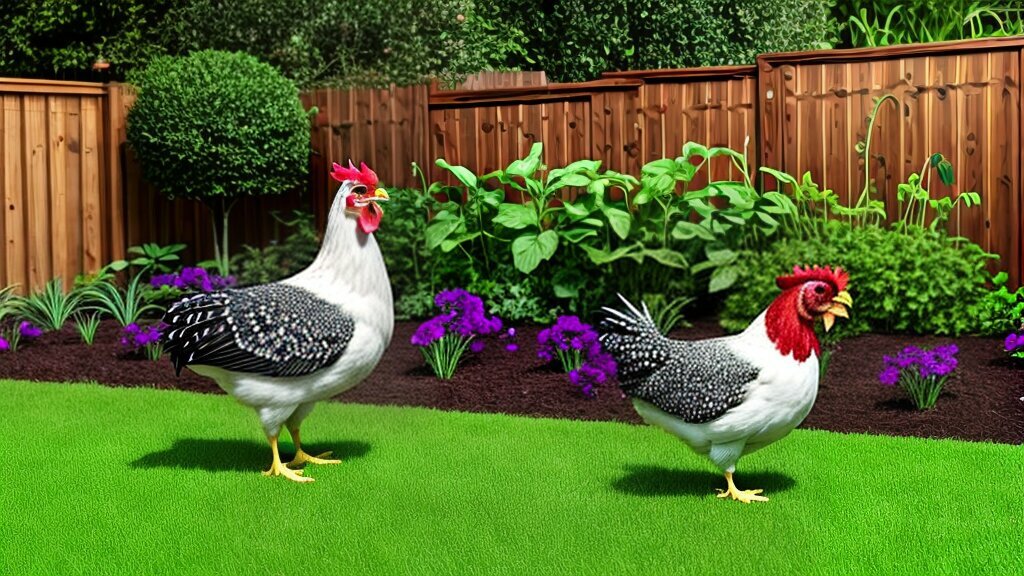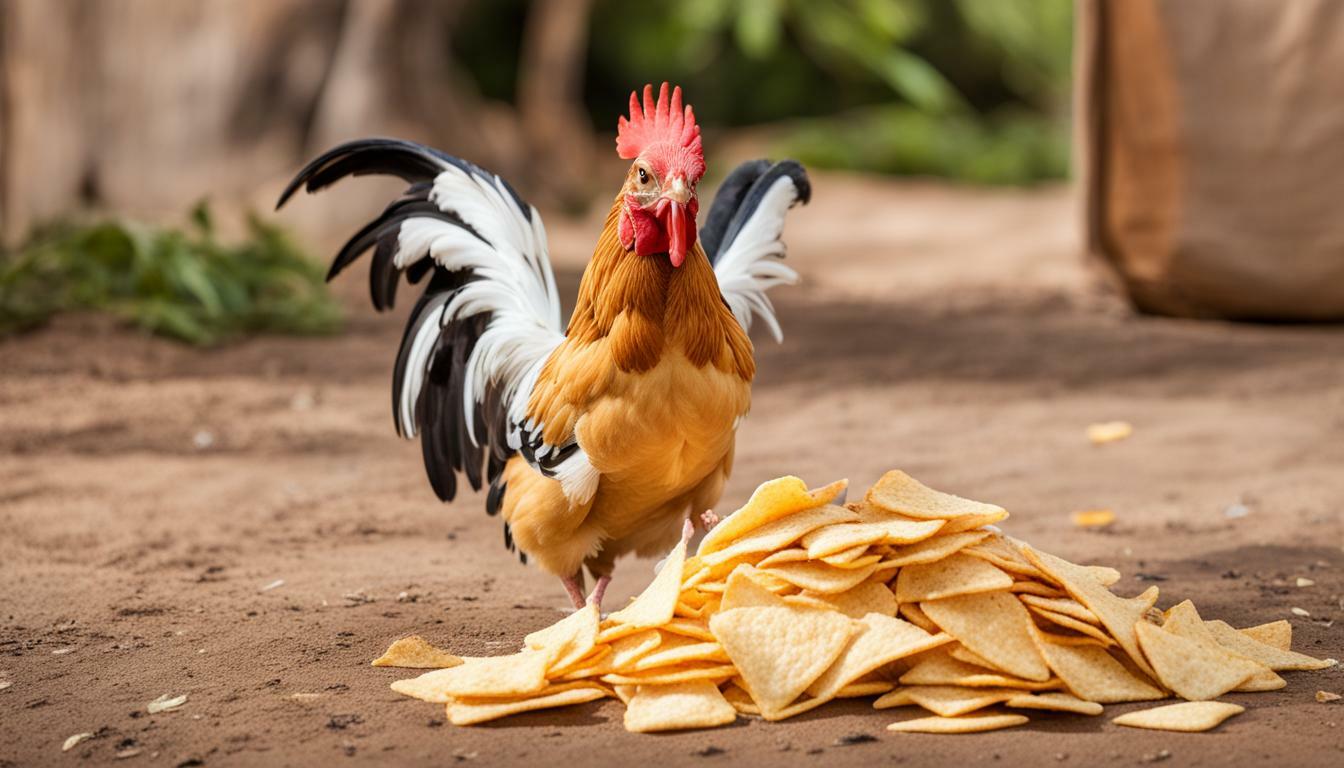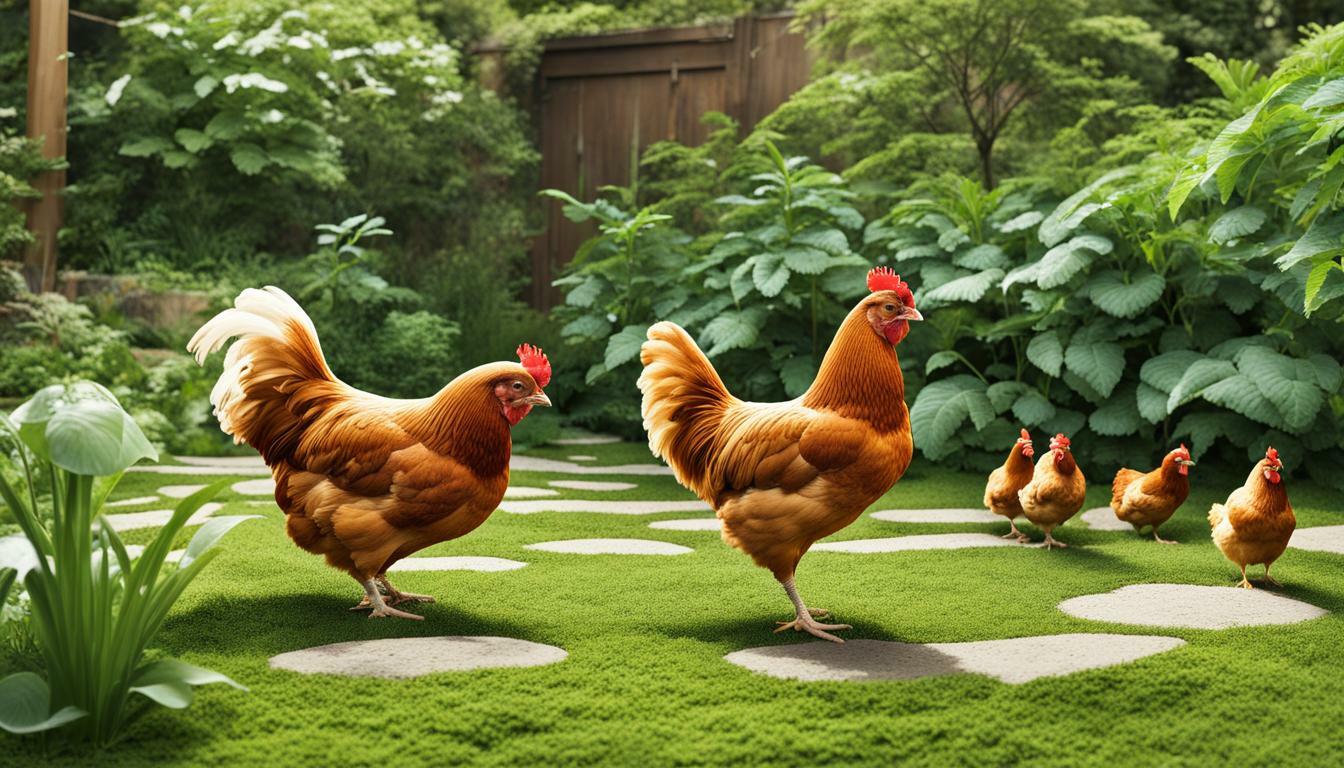Can Chickens Eat Bananas?
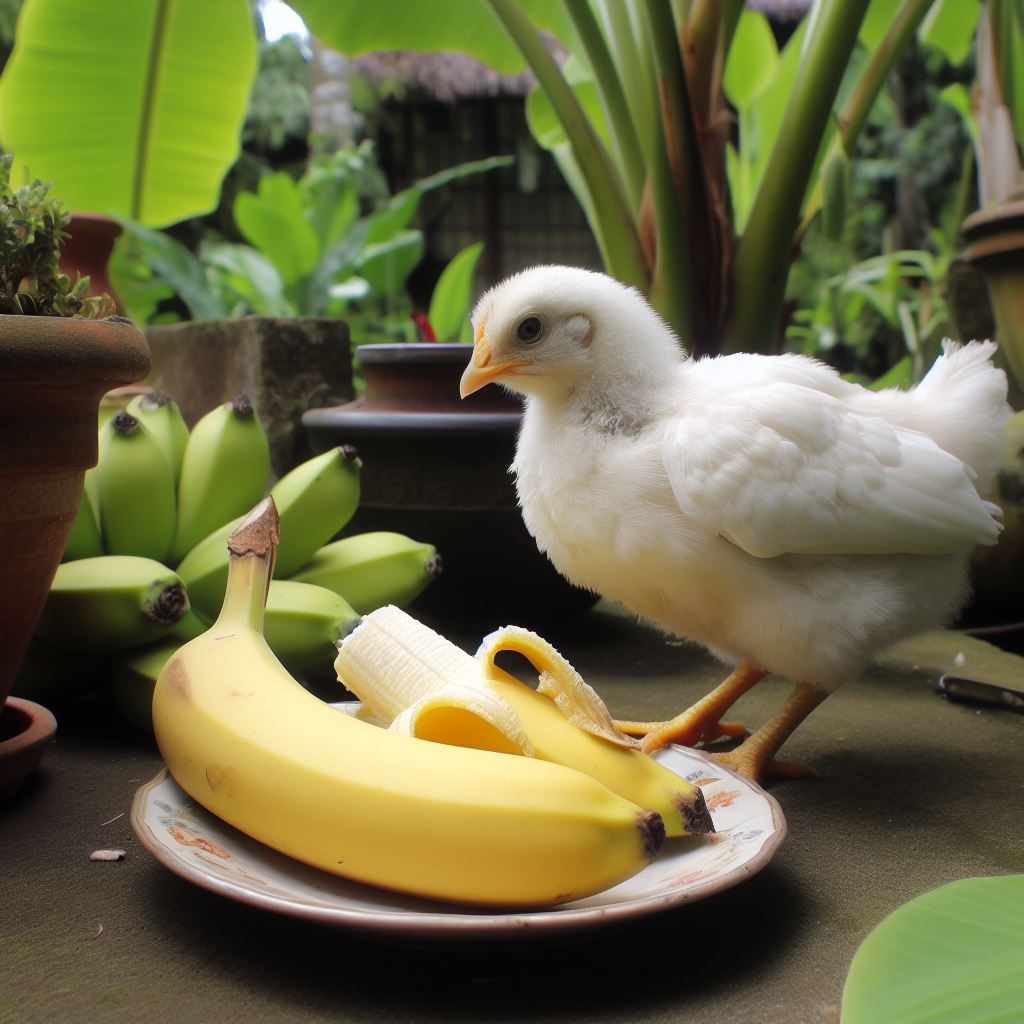
Table of content:
- Are Bananas Safe for Chickens to Eat?
- Nutritional Benefits of Bananas for Chickens
- How Much Banana Can Chickens Eat?
- Feeding Bananas With Other Foods
- How to Prepare and Serve Bananas for Chickens
- Health Concerns When Overfeeding Bananas
- Frequently Asked Questions About Feeding Bananas to Chickens
- Conclusion
Yes, Bananas are healthy for chickens in moderation. They contain beneficial nutrients and vitamins. Bananas are a great source of potassium, vitamin B6, vitamin C, and other minerals chickens need. But bananas should only be an occasional treat, not a daily feed.
As a chicken owner, you may wonder whether bananas are a good occasional treat for your flock. Bananas are a good source of magnesium and copper. Bananas are high in phosphorus but low in calcium, an imbalance that can contribute to metabolic bone disease if fed excessively.
Providing chickens with small amounts of bananas as an occasional treat can add variety to their diet.
Are Bananas Safe for Chickens to Eat?
Yes, chickens can safely eat bananas. Bananas are non-toxic for chickens. However, there are some considerations when feeding bananas to ensure chickens’ health:
- Ripeness – Only feed chickens ripe bananas. Unripe bananas are hard for chickens to digest. Overripe bananas with black spots can cause diarrhea. Use bananas that are fully yellow with some brown speckles.
- Portion size – Feed bananas in moderation as an occasional treat. No more than 1-2 small banana slices per chicken 2-3 times per week is recommended.
- Nutritional balance – Combine with other treats and quality feed to prevent issues from nutritional imbalance.
- Choking hazard – Slice or mash bananas into bite-sized pieces to prevent choking. Avoid feeding whole bananas.
- Food safety – Wash bananas and remove any bruises or damaged spots before feeding to chickens. Separate treated bananas from chickens.
By following these tips, you can safely provide your flock with bananas as a supplemental treat.
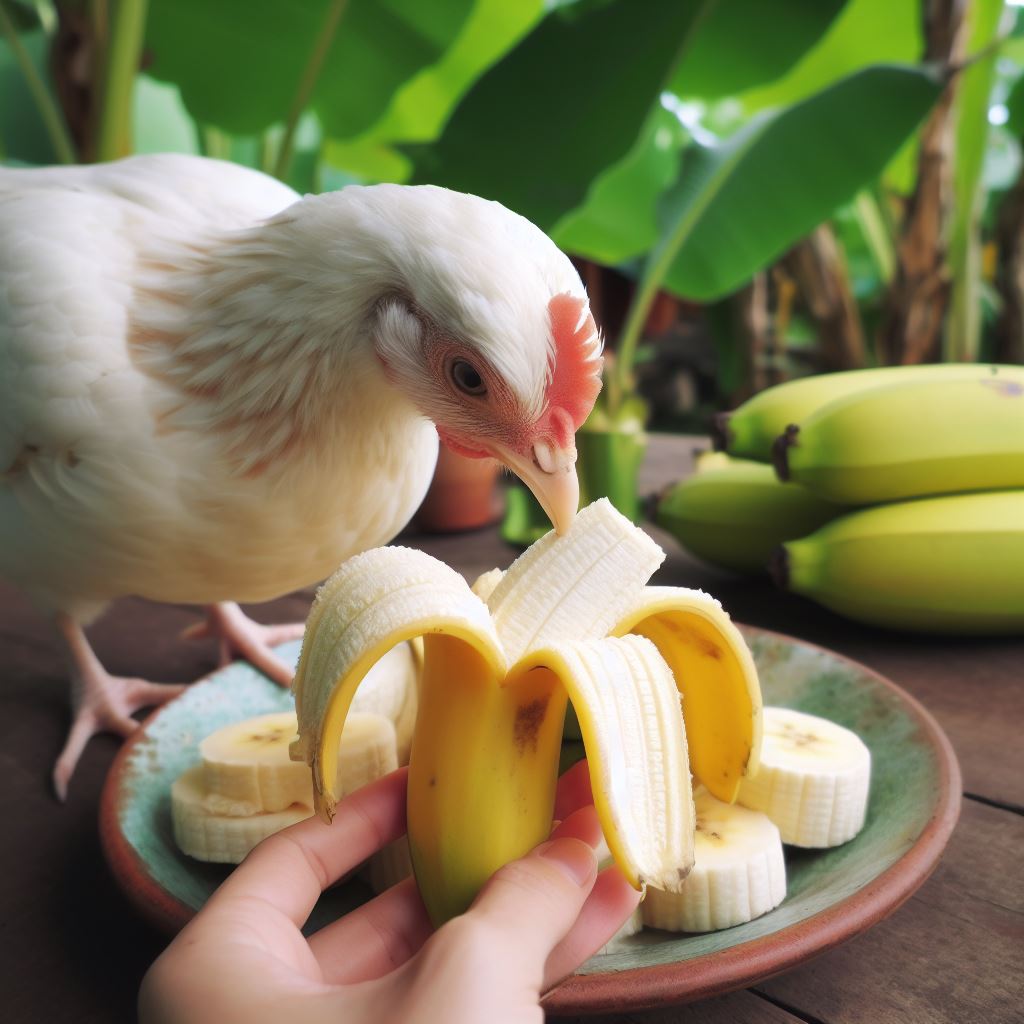 Nutritional Benefits of Bananas for Chickens
Nutritional Benefits of Bananas for Chickens
Bananas provide the following nutritional benefits that can support chicken health:
- Potassium – Bananas are high in potassium, an electrolyte mineral important for muscle, digestive, and nerve function.
- Vitamin B6 – Supports metabolism and red blood cell production.
- Vitamin C – Boosts immune health and collagen formation.
- Fiber – Improves digestion and gut health.
- Magnesium – Essential for bone development, enzyme production, and energy.
- Copper – Needed for healthy blood cells, nerves, immune function, and feathers.
Bananas are about 75% water, providing chickens with hydration as well. The nutrients in bananas can contribute to overall health and egg production when fed occasionally.
How Much Banana Can Chickens Eat?
Chickens should only eat small portions of bananas around 2-3 times per week at most. Here are the recommended banana portion sizes per chicken:
- 1-2 thin slices of banana
- 1-2 bite-sized pieces of mashed banana
- 1-2 tablespoons of diced banana
Watch to ensure all chickens get a portion and do not allow dominant chickens to overeat banana treats. Overfeeding bananas can lead to nutritional issues, diarrhea, weight gain, and choking. Combining banana pieces with scratch grains or leafy greens ensures a balanced intake.
Feeding Bananas With Other Foods
Since bananas are high in phosphorus but low in calcium, pair banana treats with calcium-rich foods. Good options include:
- Leafy greens like kale, collards, dandelion greens
- Alfalfa
- Yogurt
- Cottage cheese
- Beans
- Calcium-fortified layer pellets
Feeding a variety of treats and quality feed prevents nutrient deficiencies. Rotate banana treats with other fruits like watermelon, apples, berries, and veggies like carrots, squash, and sweet potatoes for diversity.
How to Prepare and Serve Bananas for Chickens
Follow these tips for preparing and serving bananas safely:
- Select ripe bananas free of bruises, damage, or mold
- Wash bananas thoroughly before preparing
- Peel bananas and cut into thin slices or small chunks
- Lightly mash pieces for chicks or older hens
- Combine banana pieces with greens, grains, or layer feed
- Hand feed small portions to prevent choking and overeating
- Provide 1-2 treat pieces per chicken 2-3 times weekly at most
Avoid leaving whole, peeled bananas within chickens’ reach, as this can lead to overconsumption. Proper portioning and preparation help ensure chickens enjoy bananas safely.
Health Concerns When Overfeeding Bananas
While nutritious in moderation, overfeeding bananas can negatively impact chicken health:
- Obesity – Bananas are high in natural sugar. Overconsumption can lead to weight gain.
- Nutrient imbalance – Excess phosphorus without adequate calcium can cause bone issues.
- Diarrhea – Too many bananas may irritate chickens’ digestive tract.
- Dehydration – Diarrhea can lead to dehydration, particularly in hot weather. Ensure clean water.
- Choking – Whole chunks or underripe pieces can obstruct chickens’ throats. Always mash and slice bananas before feeding.
- Moldy bananas – Moldy or rotten bananas can make chickens very sick. Never feed moldy produce.
Monitoring consumption, properly preparing bananas, and feeding a balanced diet prevent these risks.
Frequently Asked Questions About Feeding Bananas to Chickens
Here are answers to some common questions about feeding bananas to chickens:
Can Chicks Eat Banana?
Yes, baby chicks can eat small portions of ripe bananas. Newly hatched chicks have sensitive digestive systems, so banana treats should wait until chicks are 2-3 weeks old.
After their first few weeks, provide chicks with a few thin banana slices or tiny portions of mashed banana 2-3 times weekly. Combine with chick starter feed and green treats for balanced nutrition.
Since chicks can easily choke on large pieces, always dice or mash bananas into bite-sized bits. Avoid feeding whole chunks to young chicks. Proper portioning prevents diarrhea and constipation issues in delicate chick digestive tracts.
Can Banana Peels Be Fed to Chickens?
Chickens should not eat banana peels. The peels are very hard to digest and high in fiber. While young peels do contain extra nutrients, chickens cannot properly break down this part of the banana.
Banana peels are also prone to harboring mold, bacteria, and chemicals. The peel is designed to protect the fruit, so it is difficult for chickens’ digestive systems to consume.
Stick to feeding chickens the ripe inner banana flesh for optimal nutrition and digestibility. Avoid offering peels, skins, and strings to prevent digestive upset.
Can bananas make chickens gassy or cause loose droppings?
Overripe or spoiled bananas with black spots can cause diarrhea in chickens. Too much banana can irritate chickens’ digestive system and cause gas or loose stool. Feed ripe bananas in small amounts 2-3 times per week at most. Discontinue use if any chickens have adverse reactions.
Do bananas attract pests and rodents?
Excess bananas not consumed quickly can attract pests like rats, mice, possums, and raccoons. Feed only what chickens can eat in a single treat session. Pick up any leftover pieces to avoid attracting rodents and insects to the coop.
Can you feed chickens banana chips or dried bananas?
Avoid feeding chickens dried bananas or banana chips made for people. The high sugar and sulfur dioxide preservatives used can be unhealthy. Stick to fresh ripe banana flesh for the most nutritious treat.
What’s the best way to serve bananas to chickens?
Slice or mash bananas into bite-sized pieces. Combine with leafy greens or scratch grains for balanced intake. Hand feed small portions to each chicken – about 1-2 thin slices 2-3 times per week per bird as a supplemental treat.
Conclusion
When fed properly, bananas can be a nutritious and enjoyable treat for chickens. Bananas provide key vitamins, minerals, and fiber to support chicken health and egg production.
However, moderation is key, as excessive consumption can lead to nutritional issues and digestive problems. Keep portions small, limit frequency to 2-3 times per week, feed only ripe bananas, and pair with calcium-rich foods.
With proper precautions, banana treats benefit chicken diets and add diversity in moderation.
Welcome. I’m Adreena Shanum, the proud owner of this website, and I am incredibly passionate about animals, especially poultry. I founded adreenapets.com as a labor of love, stemming from my desire to share my knowledge and experiences with poultry enthusiasts worldwide.


